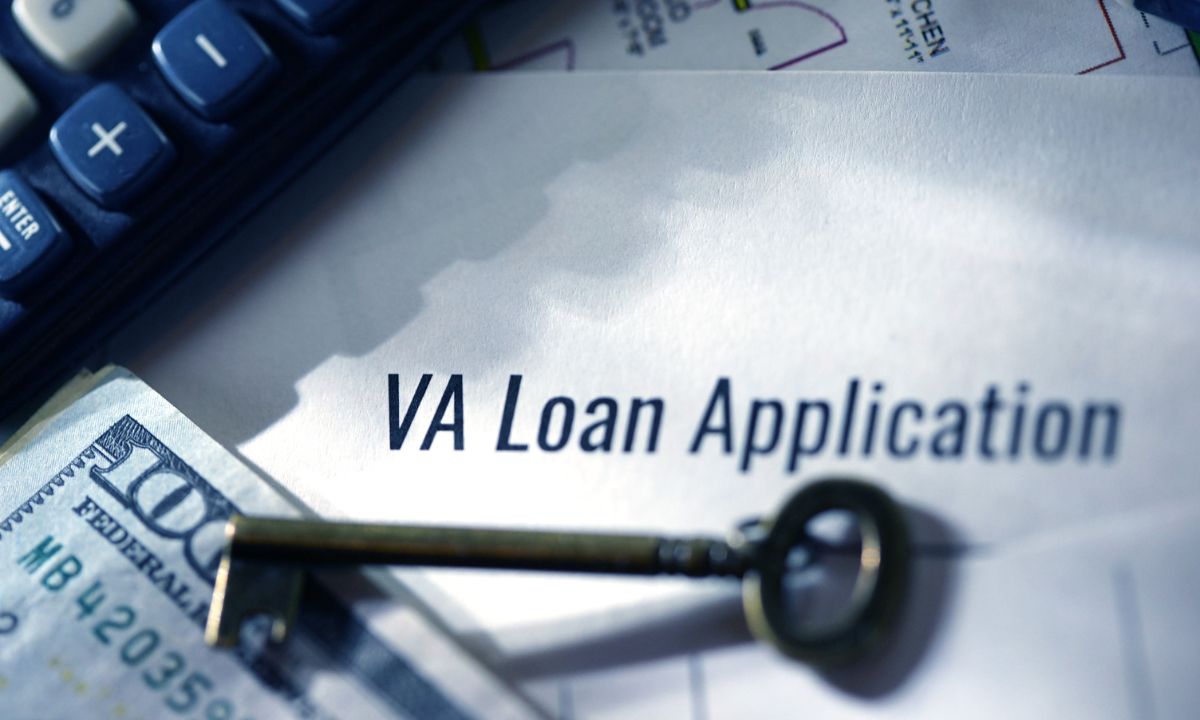Consumer Guide: Mortgages for Veterans – A Guide to VA Loans
 Are you a veteran or an active-duty military member considering homeownership? VA loans offer significant benefits tailored to meet the needs of veterans and service members. Here’s a concise guide to understanding the advantages and requirements of VA loans:
Are you a veteran or an active-duty military member considering homeownership? VA loans offer significant benefits tailored to meet the needs of veterans and service members. Here’s a concise guide to understanding the advantages and requirements of VA loans:
Benefits of VA Loans:
No Down Payment: One of the most significant advantages of VA loans is that they often require no down payment, making homeownership more accessible for veterans and active-duty military personnel.
Lower Interest Rates: VA loans typically offer lower interest rates compared to conventional mortgages, which can result in substantial savings over the life of the loan.
No Private Mortgage Insurance (PMI): Unlike many conventional loans, VA loans do not require private mortgage insurance (PMI), further reducing the overall cost of homeownership.
Flexible Credit Requirements: VA loans tend to have more lenient credit score requirements compared to conventional loans, making them accessible to a broader range of borrowers.
Assistance in Avoiding Foreclosure: The Department of Veterans Affairs provides support and resources to help veterans and service members avoid foreclosure, including loan modification options and financial counseling.
Requirements for VA Loans:
Eligibility: To qualify for a VA loan, you must be an active-duty military member, veteran, reservist, or National Guard member who meets specific service requirements. Spouses of service members who died in the line of duty or as a result of a service-related disability may also be eligible.
Certificate of Eligibility (COE): You must obtain a Certificate of Eligibility from the Department of Veterans Affairs to prove your eligibility for a VA loan. This document verifies your military service and determines the amount of entitlement you have available for the loan.
Property Eligibility: The property you intend to purchase with a VA loan must meet certain requirements set forth by the Department of Veterans Affairs. These requirements ensure that the property is safe, sanitary, and structurally sound.
Income and Debt Requirements: While VA loans are more flexible than conventional loans, lenders will still evaluate your income and debt-to-income ratio to ensure you can afford the mortgage payments.
Occupancy Requirement: You must intend to occupy the property as your primary residence within a reasonable period after closing the loan. VA loans are not available for investment properties or vacation homes.
VA loans offer numerous benefits and opportunities for veterans and active-duty military personnel to achieve homeownership with favorable terms and conditions. If you’re eligible, consider exploring VA loans as a viable option for purchasing your dream home. Make sure to consult with a knowledgeable lender experienced in VA loans to guide you through the process and help you make informed decisions tailored to your unique circumstances.
Categories
- Around The Home
- Awards
- Bankruptcy History
- Budget
- Chapter 7 Bankruptcy
- Construction Loan
- Credit
- Credit Scoring
- Environmental Awareness
- Escrow Tips
- Fair Housing
- Federal Reserve
- FHFA
- Financial Crisis
- Financial Fraud
- Financial Reports
- Foreclosure
- Holiday Tips
- Holidays
- Home Building Tips
- Home Buyer Tips
- Home Buying Tips
- Home Care
- Home Care Tips
- Home Decorating
- Home Financing Tips
- Home Maintenance
- Home Mortgage
- Home Mortgage
- Home Mortgage Tips
- Home Mortgages
- Home Seller Tips
- Home Selling Tips
- Home Tips
- Home Values
- Home Values
- Homebuyer Tips
- Homeowner Tips
- Housing Analysis
- Housing Market
- Investment Properties
- Market Outlook
- Mortagage Tips
- Mortgage
- Mortgage Application
- Mortgage Guidelines
- Mortgage Rates
- Mortgage Tips
- mortgage-rates-whats-ahead-september-17-2012
- Organization Tips
- Personal Development
- Personal Finance
- Rankings
- Real Estate
- Real Estate Definitions
- Real Estate Tips
- Real Estate Trends
- Selling Your Home
- Student Loans
- Tax Debts
- Taxes
- The Economy
- Travel
- Uncategorized